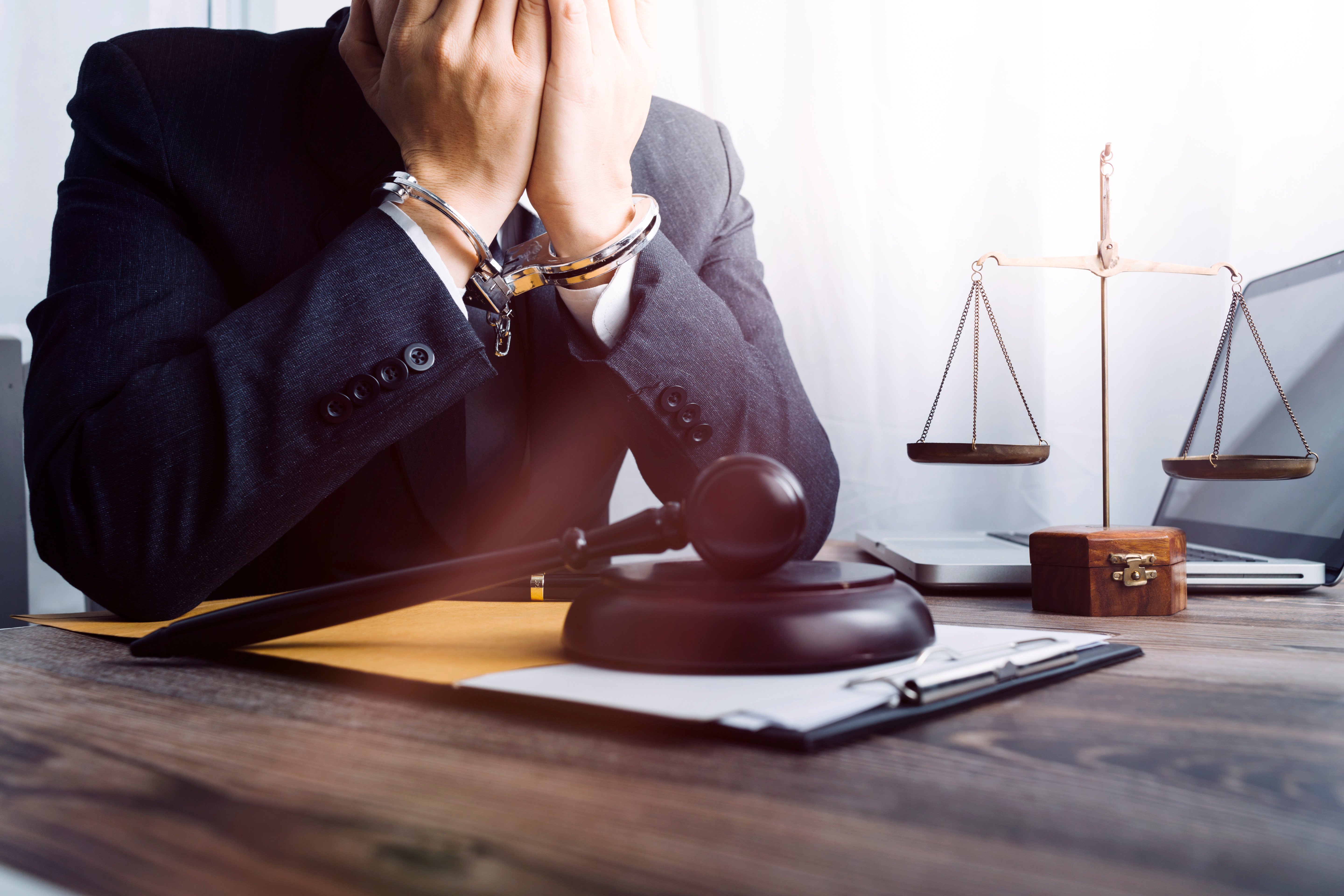In virtually any bankruptcy proceeding, one of the first things that will always take place when preparing to file is that your attorney will sit down with you to discuss the assets that you own and the values that they hold. This is done because in any bankruptcy, the person filing must disclose their assets to the court as a part of the bankruptcy process. One of the primary reasons that this occurs is so that your attorney can assist you in informing the court (and your creditors) of the protections, known as exemptions, that exist to safeguard the things that you own as you navigate bankruptcy.

Who Determines What My Assets Are Worth in Bankruptcy?
In virtually any bankruptcy proceeding, one of the first things that will always take place when...

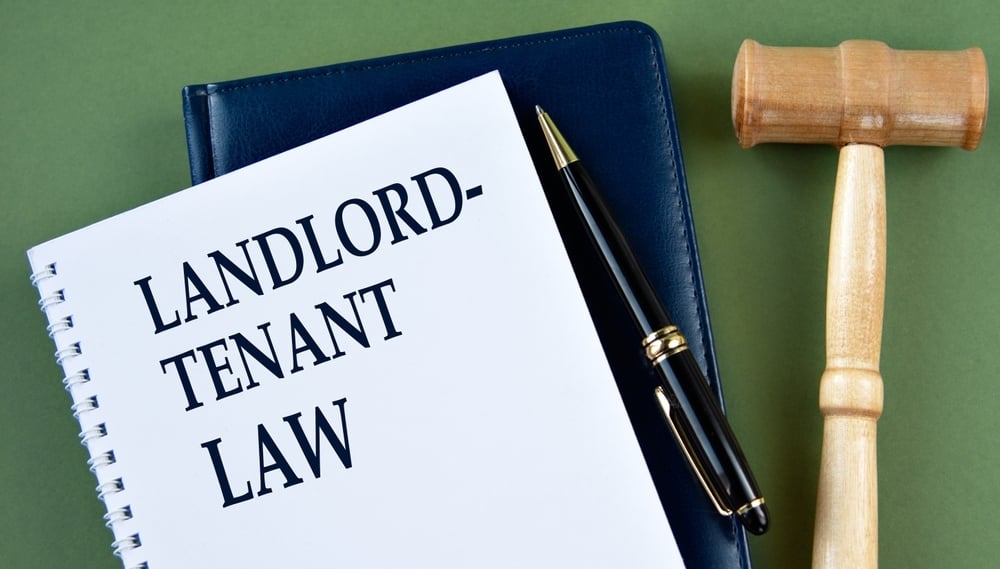

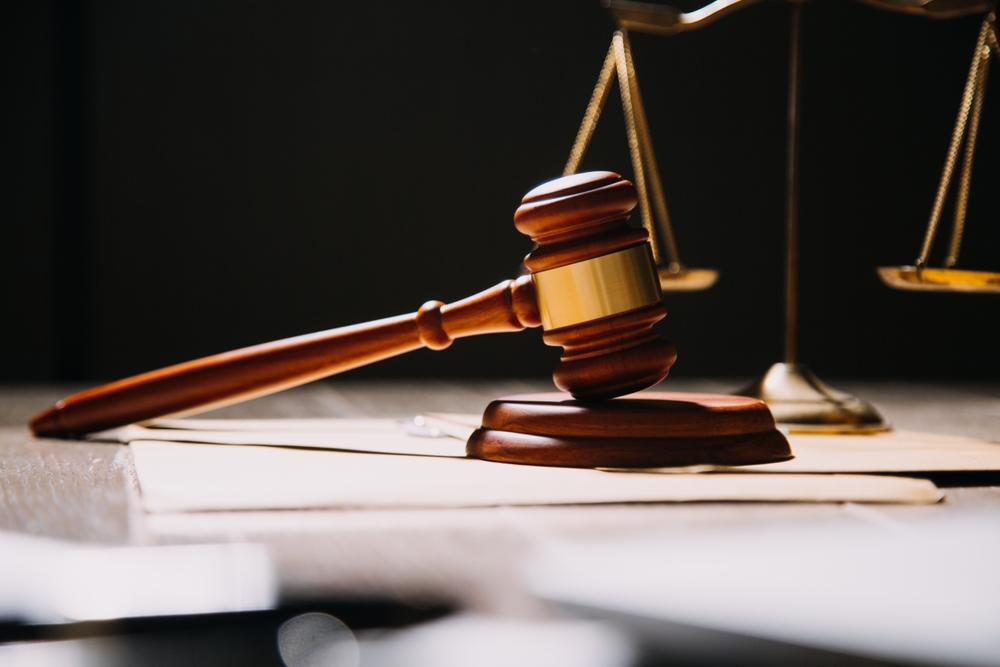
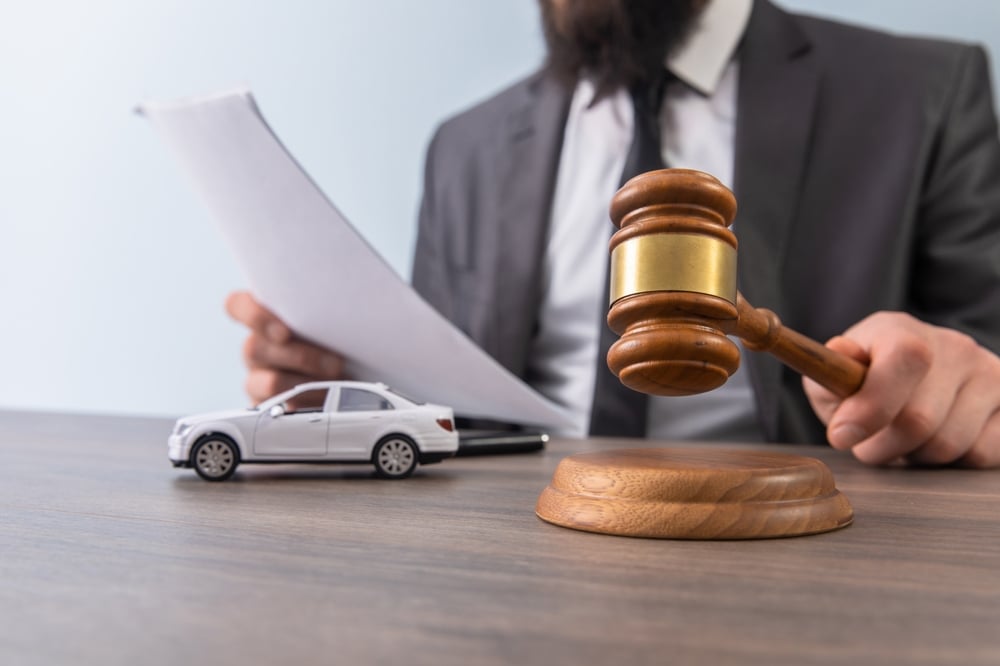
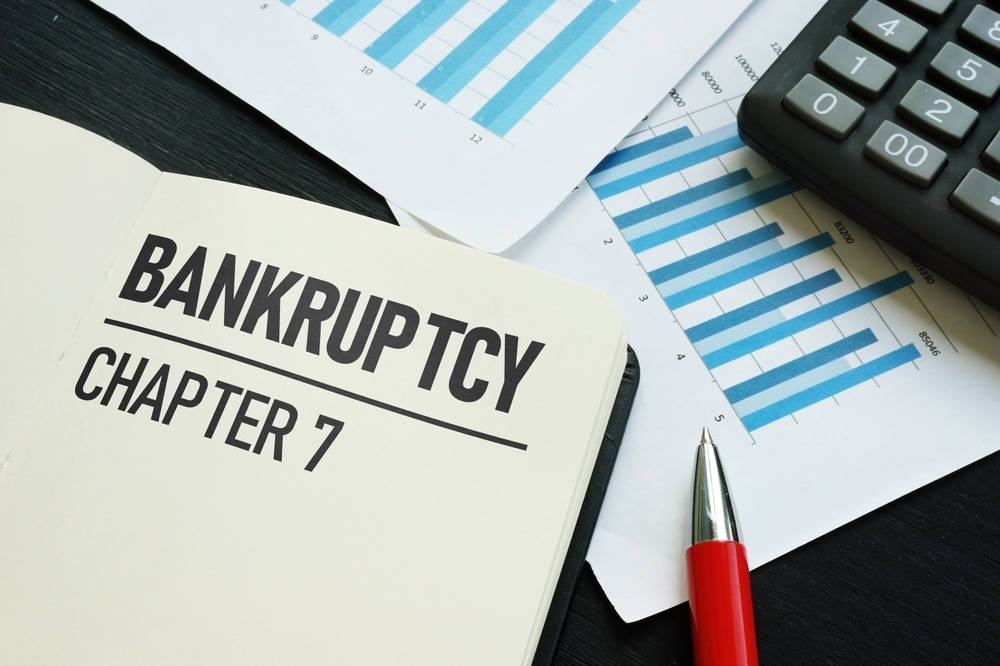

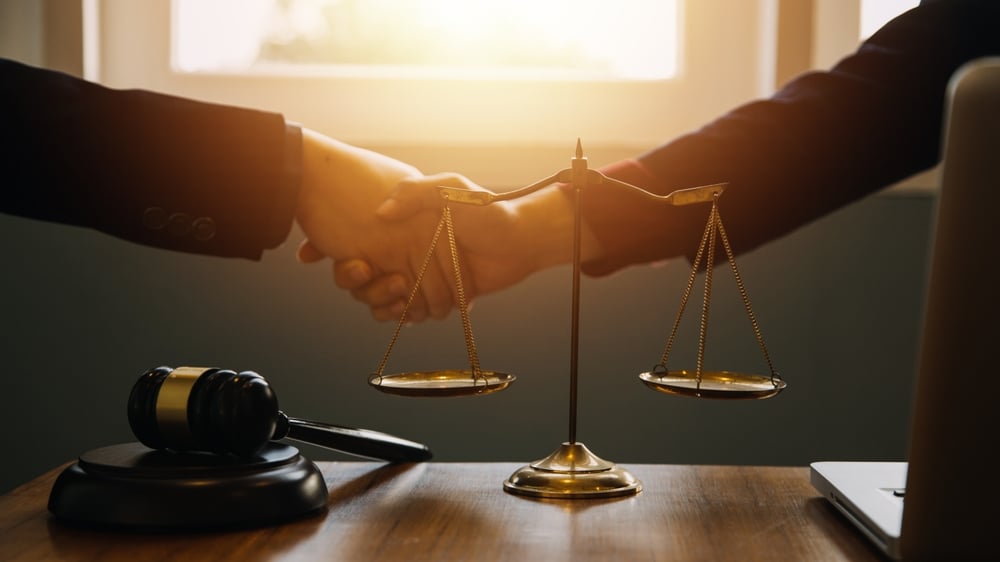
.jpg)
.jpg)

.jpg)
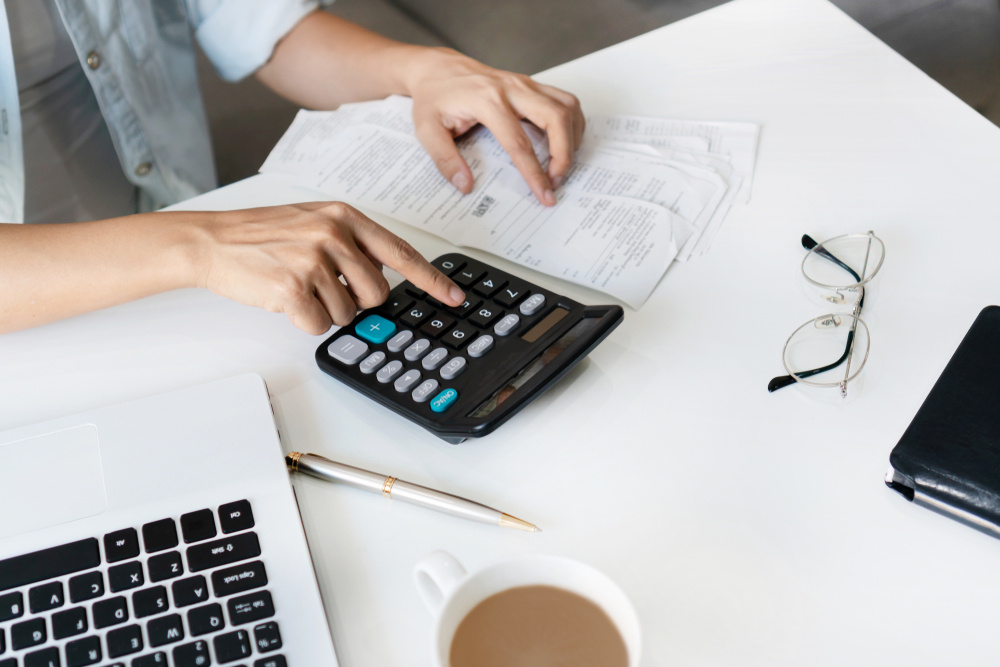

.jpg)
.jpg)
.jpg)
